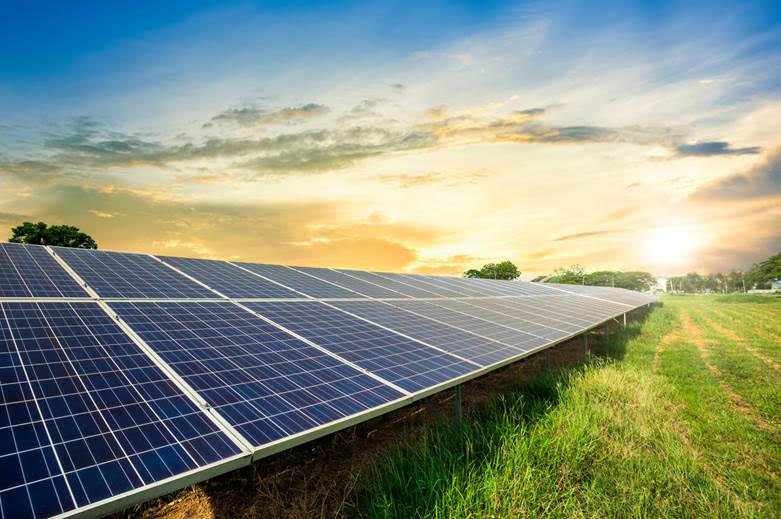
The business case for renewables is as compelling as ever for South African businesses, even though we have seen over 300 days without rolling blackouts. Organisations that increase solar investment today, can protect their business from steep tariff increases and future outages, as well as improve their green credentials.
The prolonged pause in national rolling blackouts hasn’t changed the reality that most businesses can reduce long-term costs, as well as improve uptime by becoming more independent from the grid.
Although businesses have heaved a collective sigh of relief over the past year, thanks to the much-improved state of the national power grid, President Cyril Ramaphosa reminded us in his State of the Nation Address that energy supply is still constrained and that investment in renewable energy sources remains imperative.
One important factor is that power supply in many cities and towns remains unstable even now. Irregular power cuts are still a factor in most municipalities, due to the fragility of infrastructure at the local government level. Eskom is also implementing localised load rotation or load reduction in certain areas to curtail excessive power consumption.
Such power outages have a heavy cost for businesses in terms of lost revenue and production, as well as in wear and tear on assets such as factory and IT equipment resulting from sudden power losses and surges. Lost trading hours and diesel costs hit businesses hard, whatever the reason for a power outage. Solar and batteries can ensure continuous trading and production when the lights are out.
Eskom may have stabilised, but solar is still a wise investment
The rising costs of electricity offer another compelling reason for businesses to invest in solar generation. Eskom has imposed tariff increases of around 148% since 2015/16 and NERSA has approved increases of 12.7%, 5.3% and 6.19% for the next three years. Municipalities are not only passing these increases on but also hiking their mark-ups.
Municipal electricity costs will keep rising as their revenues fall due to private solar and infrastructure maintenance costs catch up with them. Businesses can mitigate these cost increases by investing in alternative energy. With solar panel pricing falling in the absence of load shedding, now is a good time to ramp up investment.
In terms of the financial case for solar, the investment can yield both short-term and long-term payoffs. In the immediate term, your company can harvest cost savings from relying less on diesel generators when there’s a power outage and from using solar power rather than grid power for at least some of its day-to-day electricity needs.
These savings will offset some of the costs of financing solar panels, inverters and batteries. In the longer term, cost savings will accumulate as the organisation pays off the costs of the solar investment and generates energy at relatively low additional costs. Over time, solar can contribute towards lower and more predictable operating costs.
An added benefit of using renewable energy is that it enables organisations to reduce their carbon emissions. Solar can contribute significantly to your business’s sustainability and corporate social responsibility (CSR) objectives. This is especially important for export-focused organisations targeting countries with aggressive net zero goals.
AI and solar: Smarter energy management
Advances in artificial intelligence (AI) are providing organisations with powerful new tools they can use to optimise solar investments and drive more value from solar. AI-powered solutions provide detailed insights into energy production and consumption, helping users to maximise efficiency and reduce waste.
AI can simplify energy management through real-time monitoring and intelligent automation. They can, for example, automate system adjustments based on dynamic factors such as weather conditions and power usage patterns. These systems also provide accurate data for reporting carbon emissions.
Solar adoption offers long-term financial benefits by shielding organisations from rising electricity tariffs and unpredictable power outages. Thus, the case for investing in solar energy remains as strong as it was two years ago.
Jo-Anne Arends, Product Manager at Nashua. She writes in her personal capacity.
INFO SUPPLIED.

